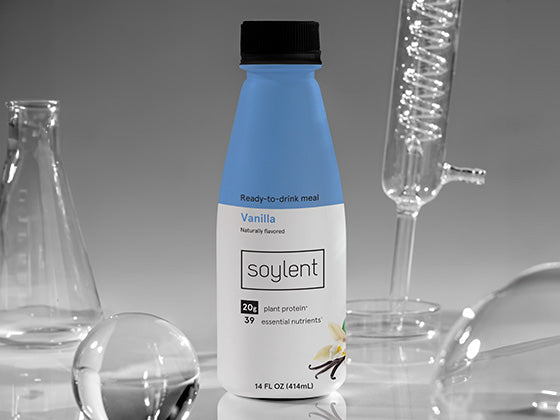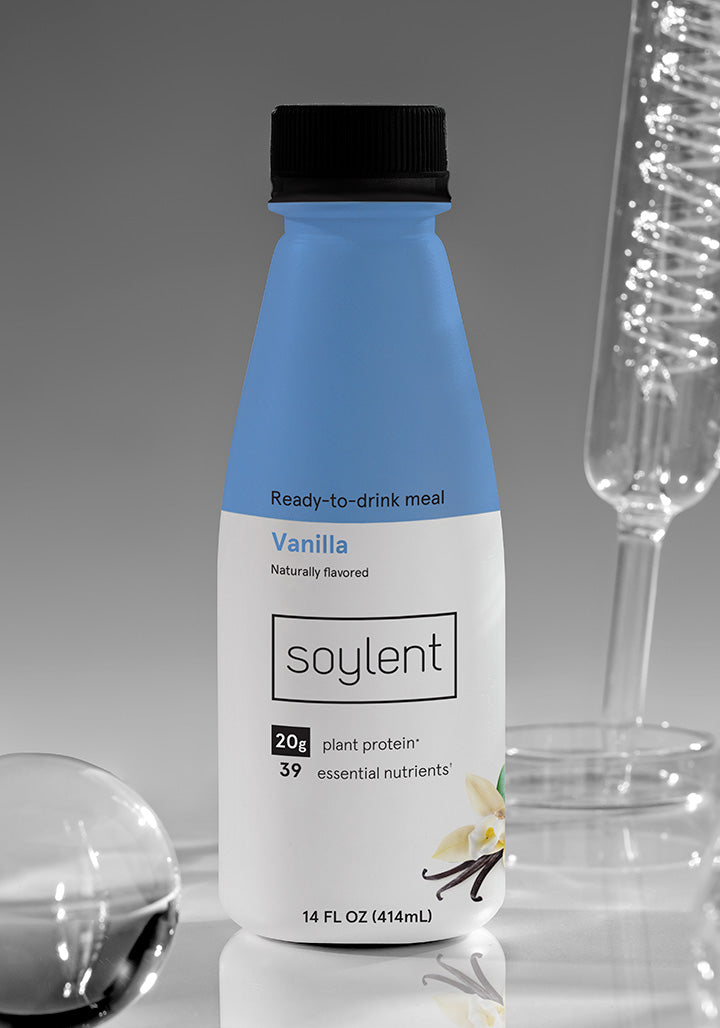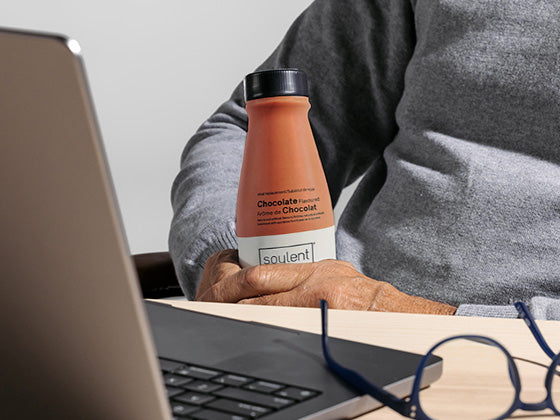
use of Soylent Meal Replacement™ as a way to maintain weight during radiation treatment

The purpose of this research study is to assess whether the liquid meal replacement product Soylent™ may reduce the risk of malnutrition and need for g-tube placement during following treatment for head and neck cancer with chemoradiation. Soylent™ is a liquid meal replacement which is commonly used for nutrition.
The purpose of this research study is to assess whether the liquid meal replacement product Soylent™ may reduce the risk of ...
the results
Valle, L., et al. "Patient-Reported Quality of Life Outcomes After Integrating Exclusive Liquid Meal Replacement in Patients With Head and Neck Cancer Undergoing Chemoradiation: Results From a Phase II Study." International Journal of Radiation Oncology, Biology, Physics 111.3 (2021): e379-e380.


portfolio diet score and risk of cardiovascular disease: findings from 3 prospective cohort studies

The plant-based Portfolio dietary pattern includes recognized cholesterol-lowering foods (i.e., plant protein, nuts, viscous fiber, phytosterols, and plant monounsaturated fats) shown to improve several cardiovascular disease (CVD) risk factors in randomized controlled trials. The primary objective was to examine the relationship between the Portfolio Diet Score (PDS) and the risk of total CVD, coronary heart disease (CHD), and stroke.
The plant-based Portfolio dietary pattern includes recognized cholesterol-lowering foods (i.e., plant protein, nuts, viscous...
the results
Glenn, Andrea J., et al. "Portfolio Diet Score and Risk of Cardiovascular Disease: Findings From 3 Prospective Cohort Studies." Circulation 148.22 (2023): 1750-1763.

University of California Berkeley
an interventional Soylent diet increases the bacteroidetes to firmicutes ratio in human gut microbiome communities: a randomized controlled trial

Our knowledge of the relationship between the gut microbiome and health has rapidly expanded in recent years. Diet has been shown to have causative effects on microbiome composition, which can have subsequent implications on health. Soylent 2.0 is a liquid meal replacement drink that satisfies nearly 20% of all recommended daily intakes per serving. This study aims to characterize the changes in gut microbiota composition resulting from a short-term Soylent diet.
Our knowledge of the relationship between the gut microbiome and health has rapidly expanded in recent years. Diet has been ...
the results
Hsu, Ryan H., et al. "An interventional Soylent diet increases the Bacteroidetes to Firmicutes ratio in human gut microbiome communities: a randomized controlled trial." bioRxiv (2017): 200881.





